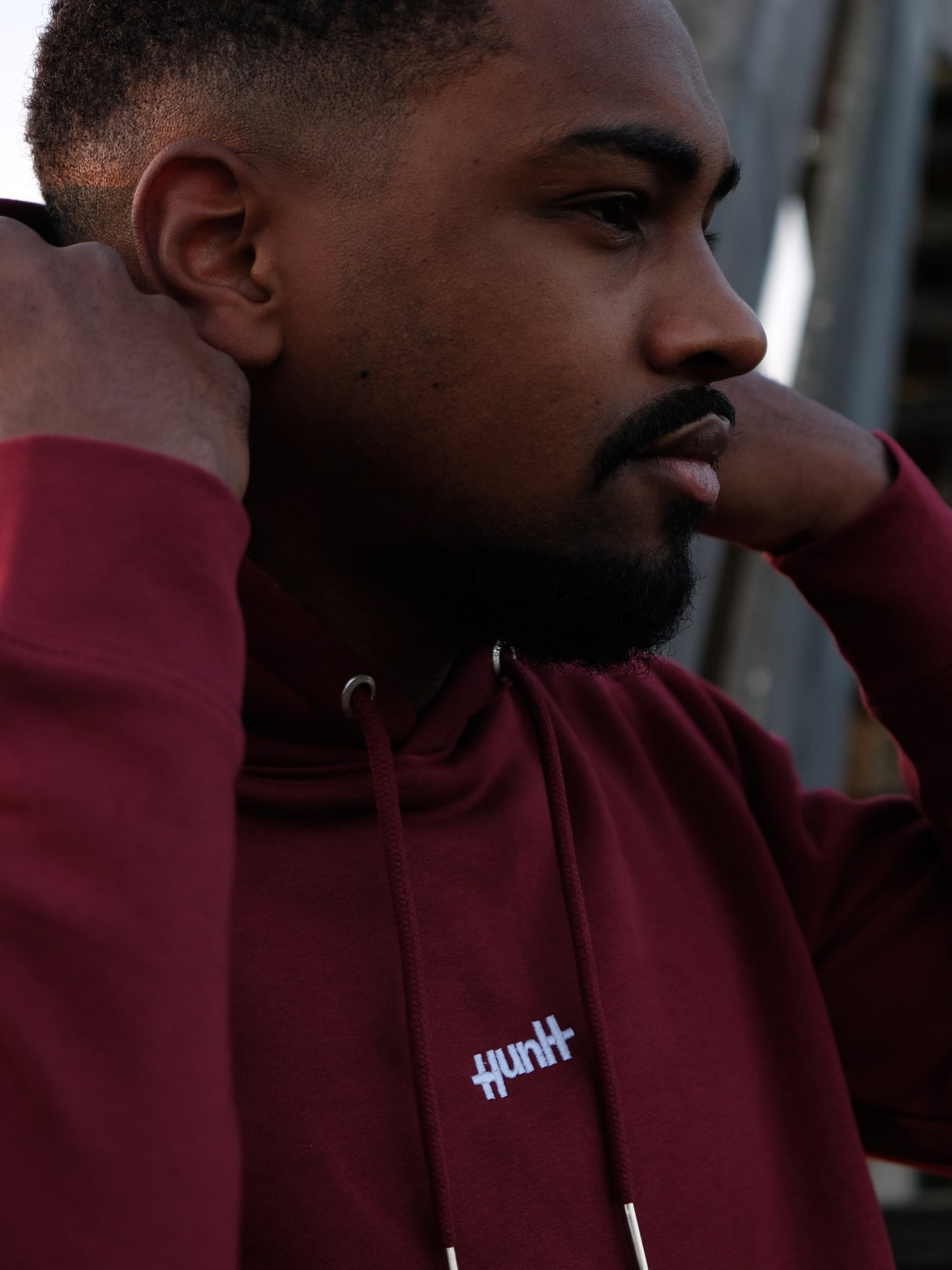
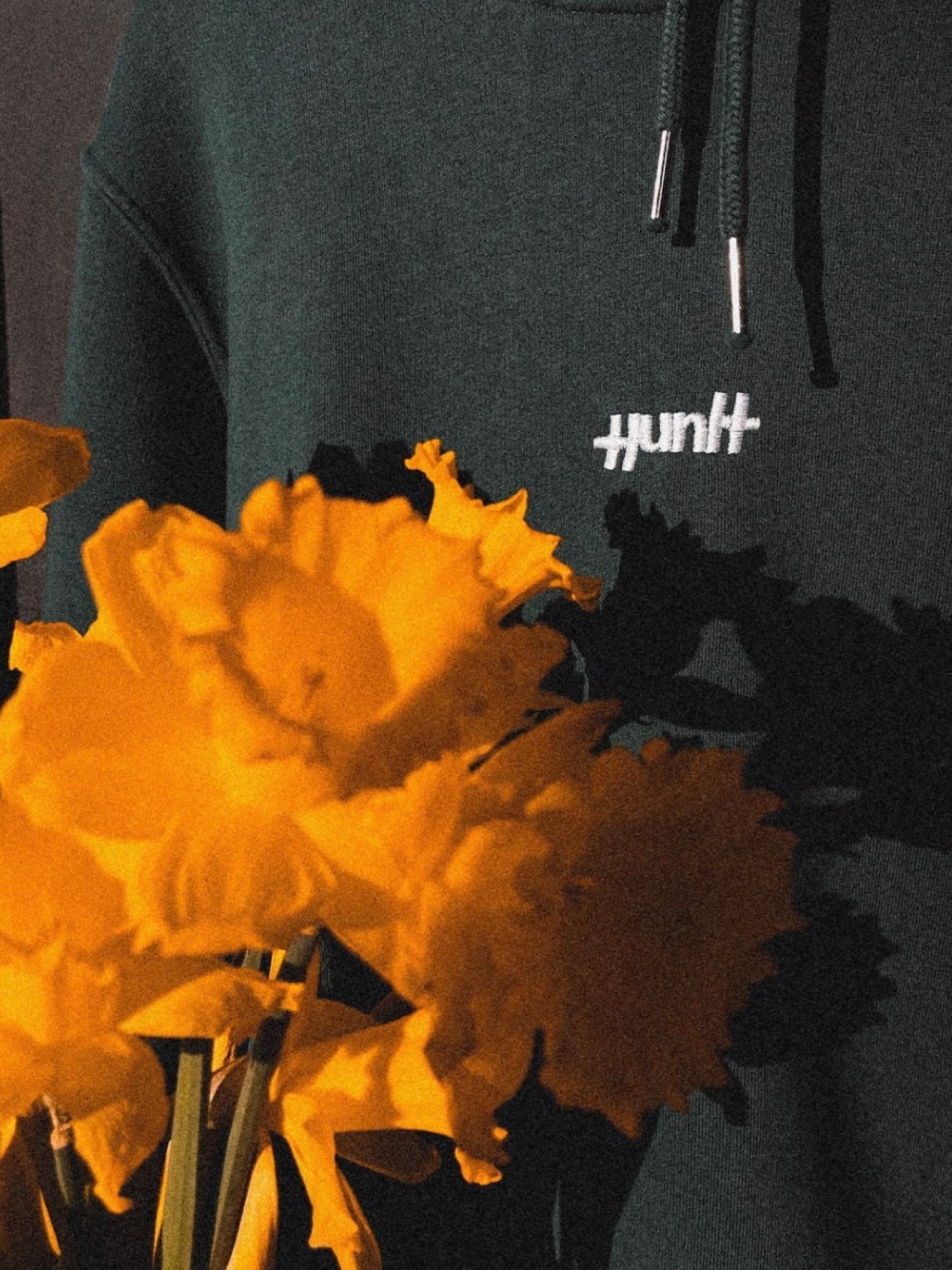
View my work, learn more or reach out.
Huntt Clothing

Huntt Clothing was born in Bordeaux with the desire to reconcile streetwear and respect for the environment. As a co-founder, the goal was to create a brand that promotes creativity with eco-responsible streetwear clothing. All our clothes are made from organic cotton and recycled polyester, and embroidery is conducted locally in Bordeaux, highlighting ecological and local values.
We created a graphic universe using the codes of current streetwear. The wordmark is based on the Futura font, which is present in many logos in this industry. The wordmark has been reworked to create an ambigram, offering readability from several perspectives. The minimalism of each creation coincides with the brand's choice of simplicity and honesty. We also chose to have a unique art direction for each collection and photo shoot to exploit the new creative axes.
Art Direction
2019-22


Fast-fashion is a segment of the clothing industry that produces and renews clothes rapidly, encouraging consumers to buy them more frequently. More than 100 billion garments were sold globally in 2016, 60% more than 15 years ago. Inditex, which owns brands such as Zara, Pull & Bear, Stradivarius, and Bershka, generated revenue of nearly 26 billion euros in 2018, making it the leading company in the fast-fashion segment. The fast fashion industry's massive textile production poses a significant environmental threat, with annual greenhouse gas emissions exceeding those of international flights. Some fast fashion brands are trying to improve their image through ethical and eco-responsible communication.
The growing trend of eco-friendly and ethical fashion aims to reduce the environmental impact of clothing products. 21% of French consumers have purchased eco-friendly fashion, and nearly 70% of French consumers believe it justifies a higher price. Although price and quality are the most important factors for consumers, the environmental impact of clothing is becoming increasingly important. Many brands are responding to this trend by reducing their environmental impact, such as Hermes by reducing water consumption for dyeing by 37%, Levi's "Waterless" process to save water in jean production, and H&M's "Conscious" eco-friendly line. The trend towards sustainability has led consumers to turn to the vintage and secondhand clothing market, which has doubled in the last eight years in France and was valued at 1 billion euros in 2018.
French consumers love locally made products, with 82% favoring French items. Only 7% of consumers believe brands are honest, but 92% trust French and regional brands. Additionally, product origin is the fourth most important factor (24%) for consumers when purchasing clothing. This has led to the emergence of brands that emphasize their local origins, focusing on their French roots. These brands create a sense of belonging among consumers based on their geographic origins rather than relying on physical store presence to build communities and promote word-of-mouth marketing.
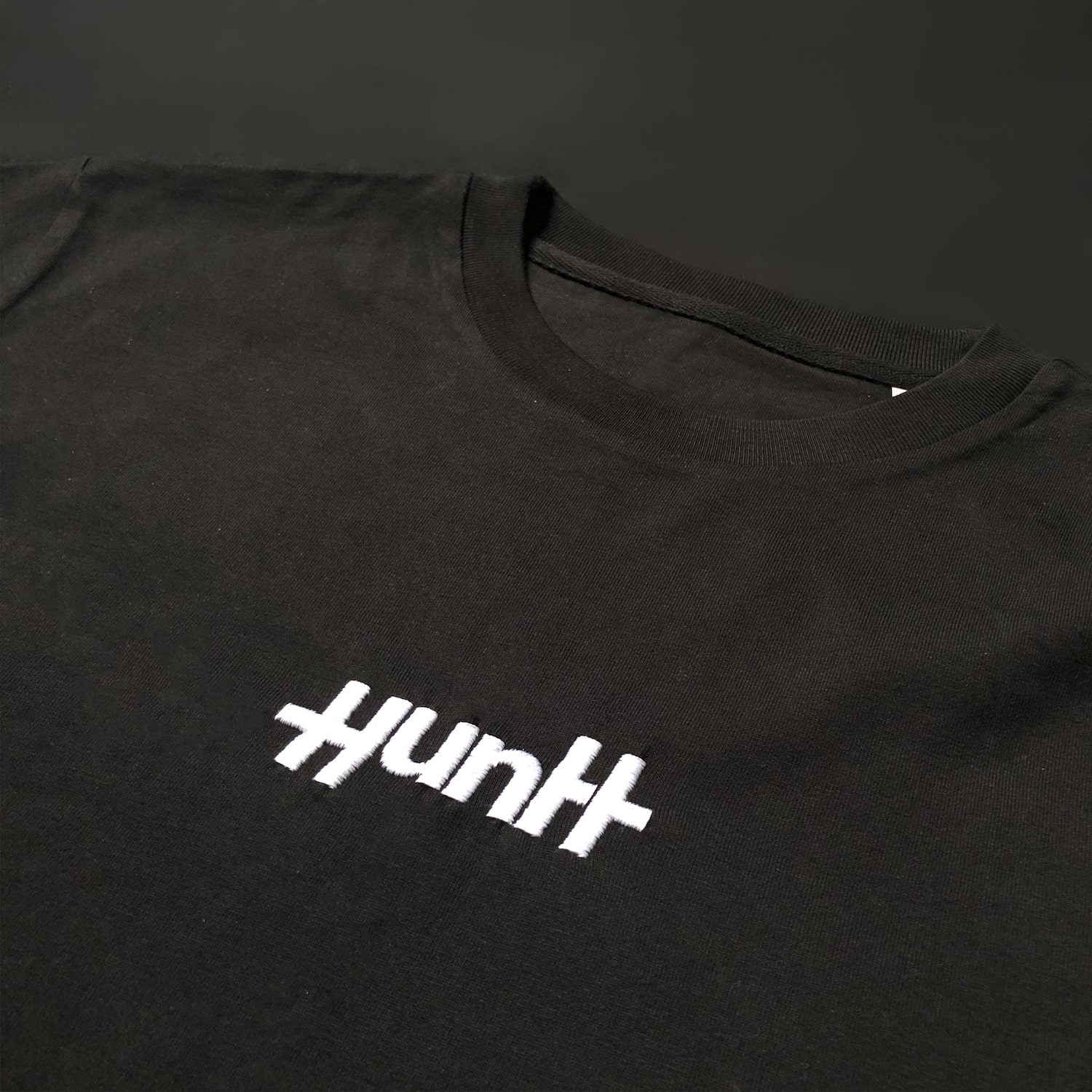
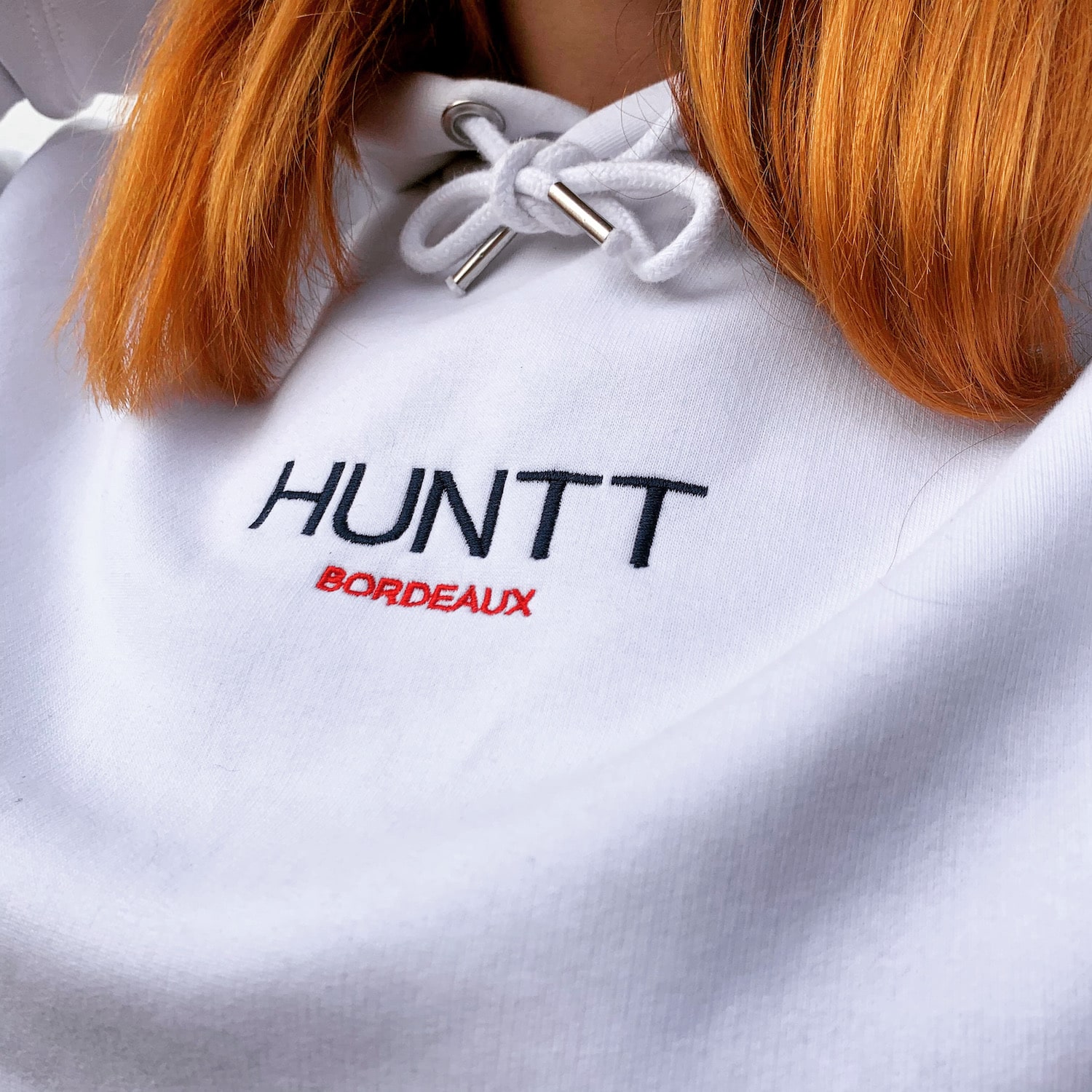
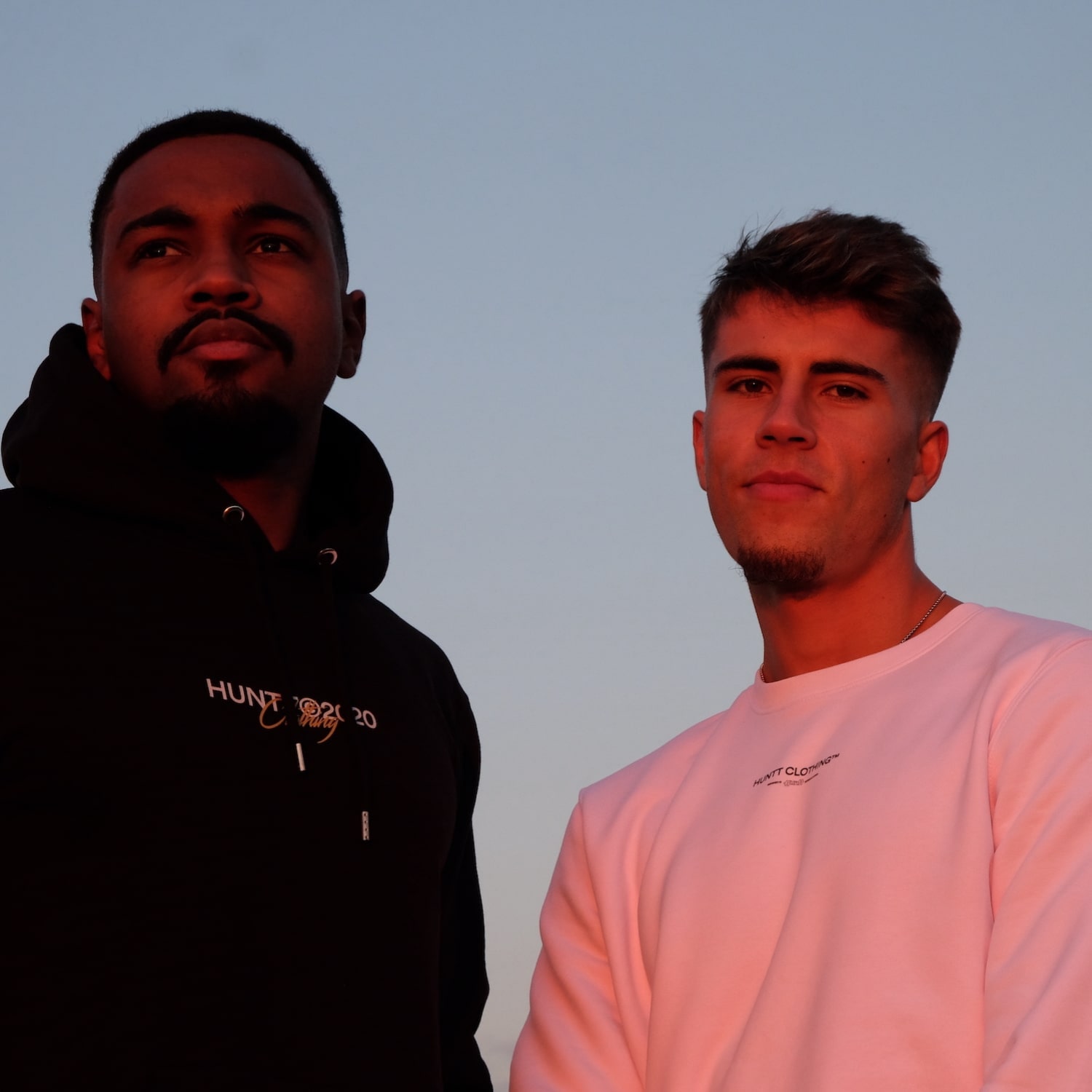
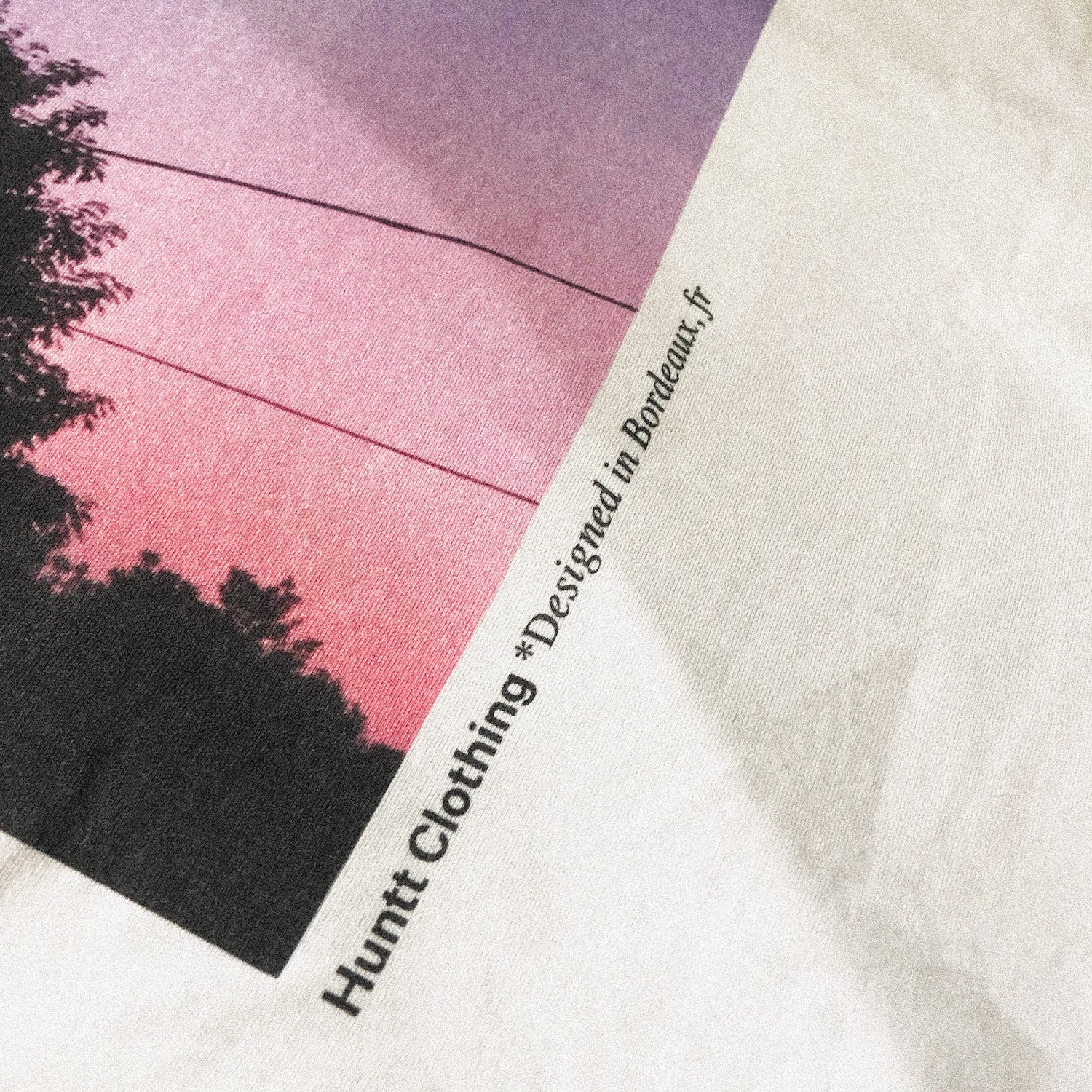
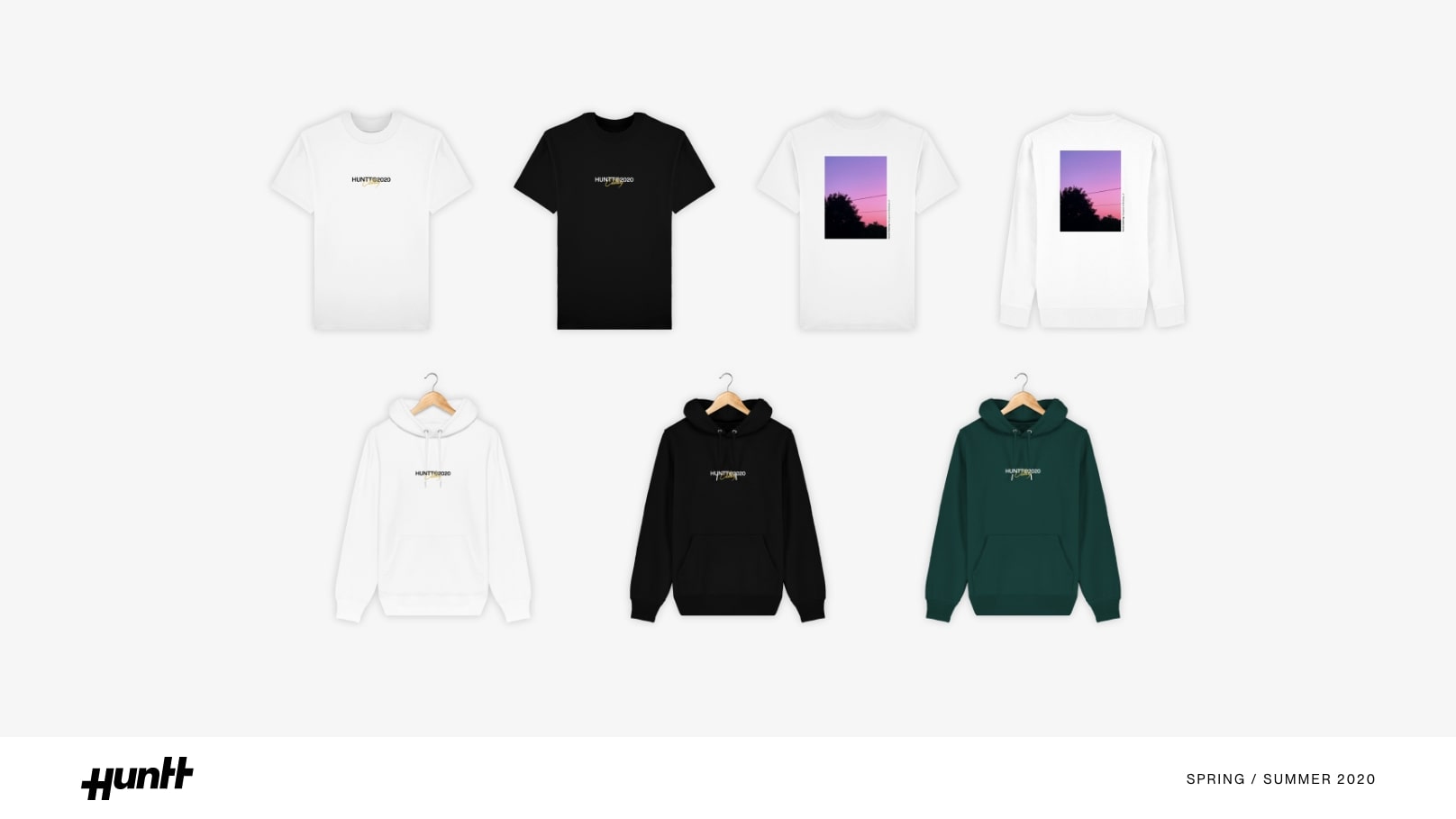
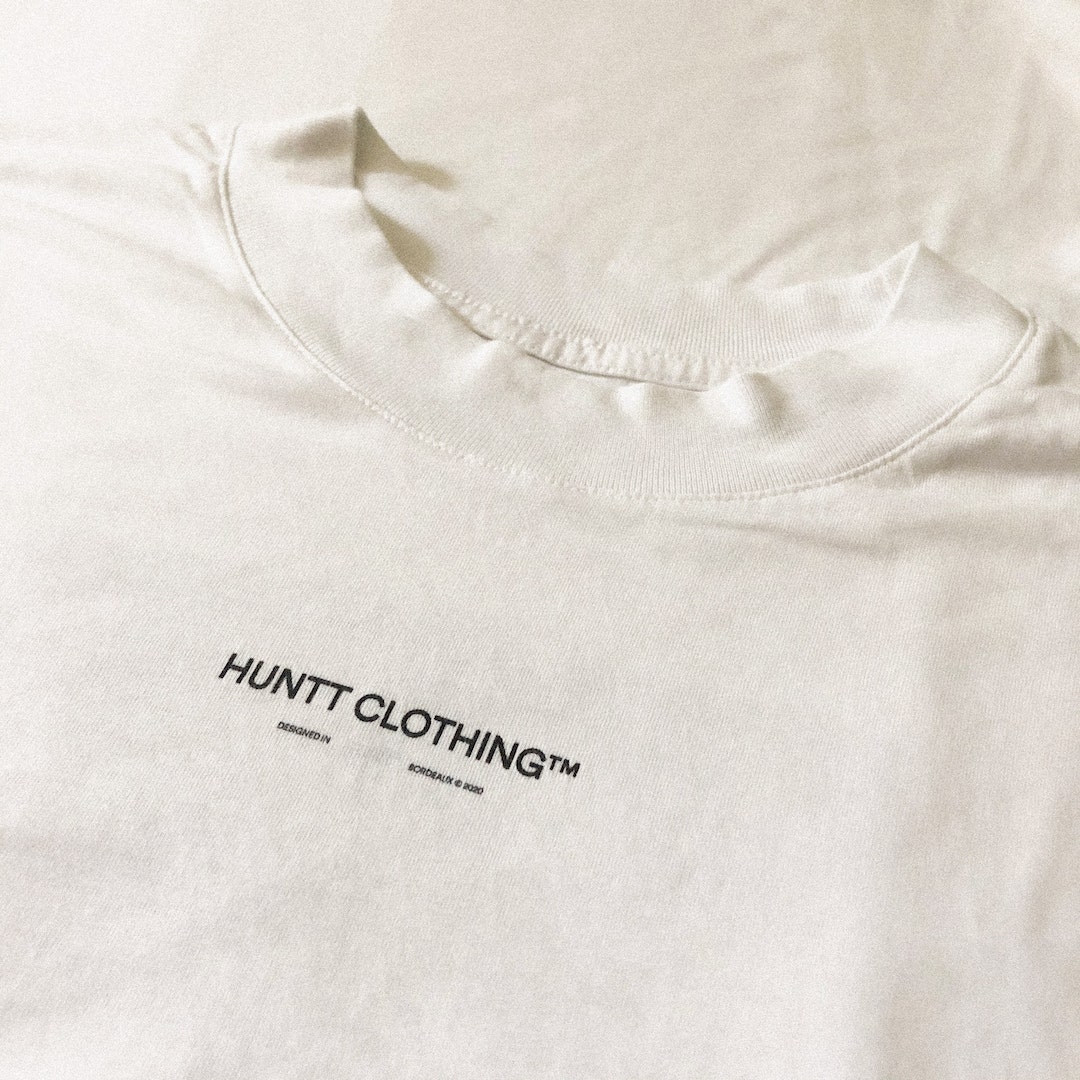
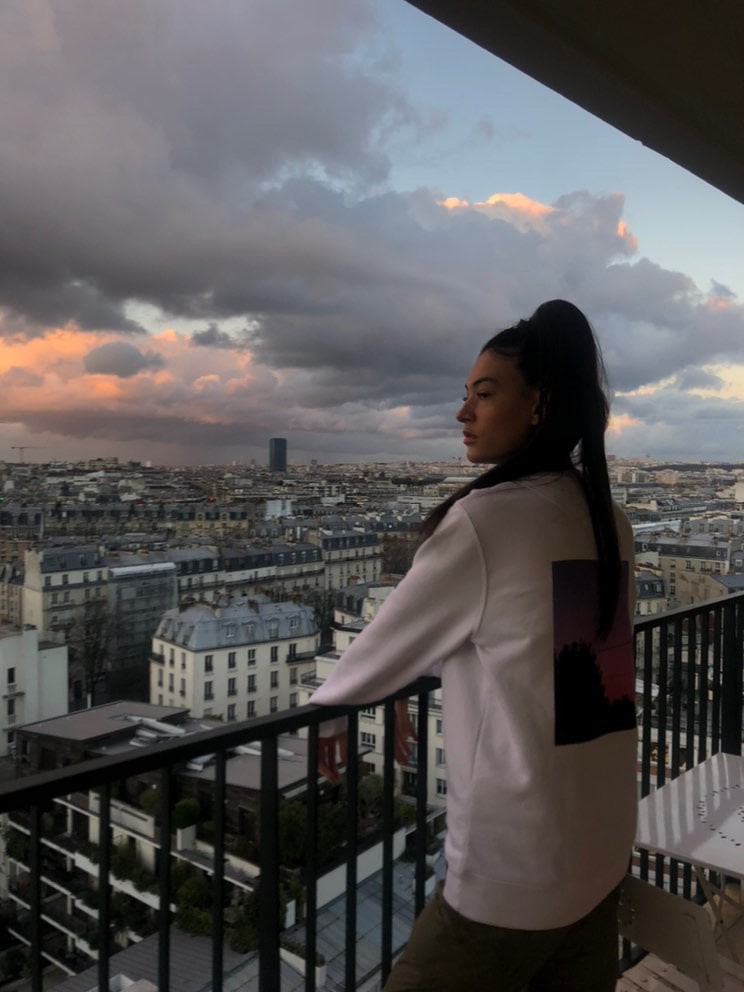
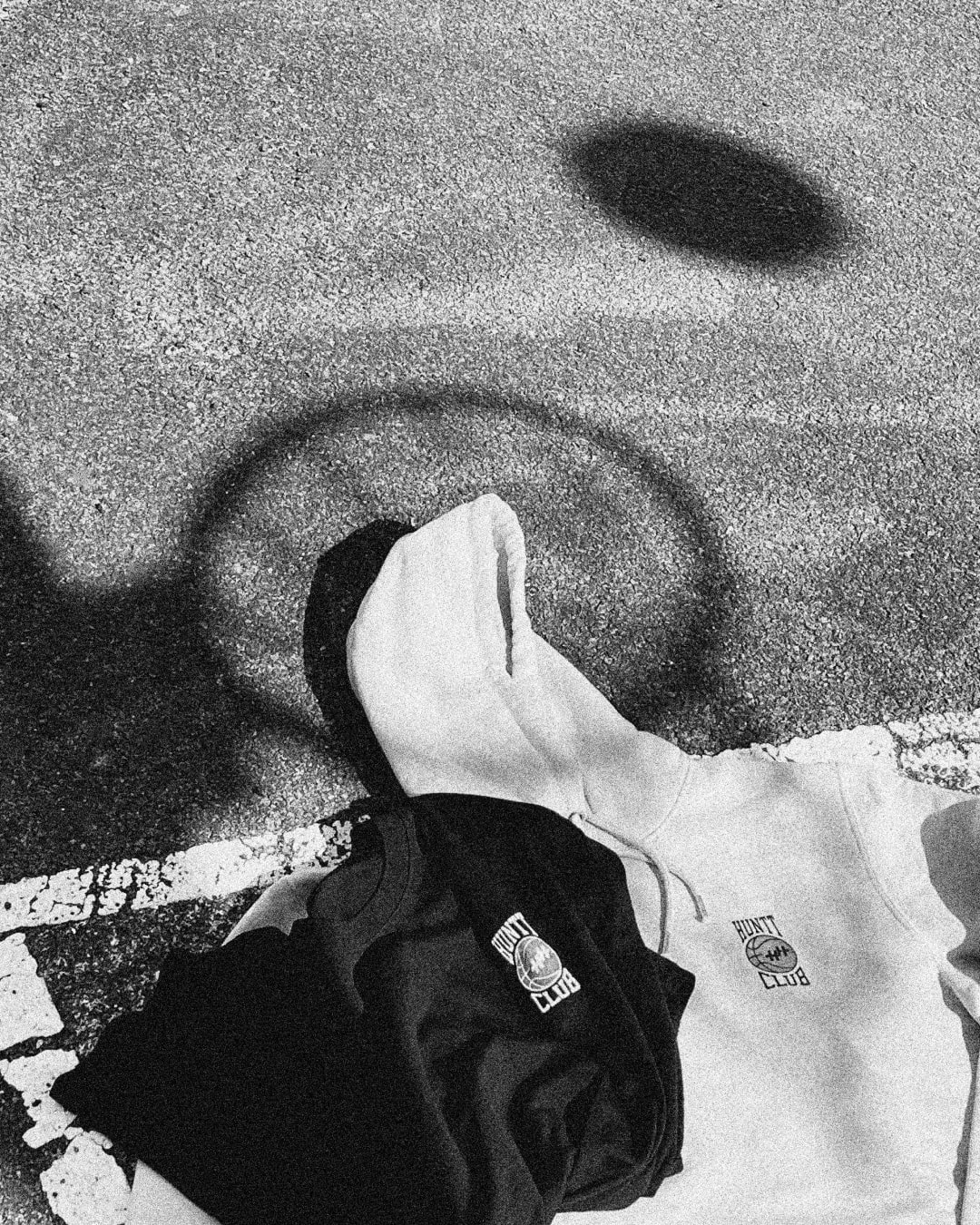

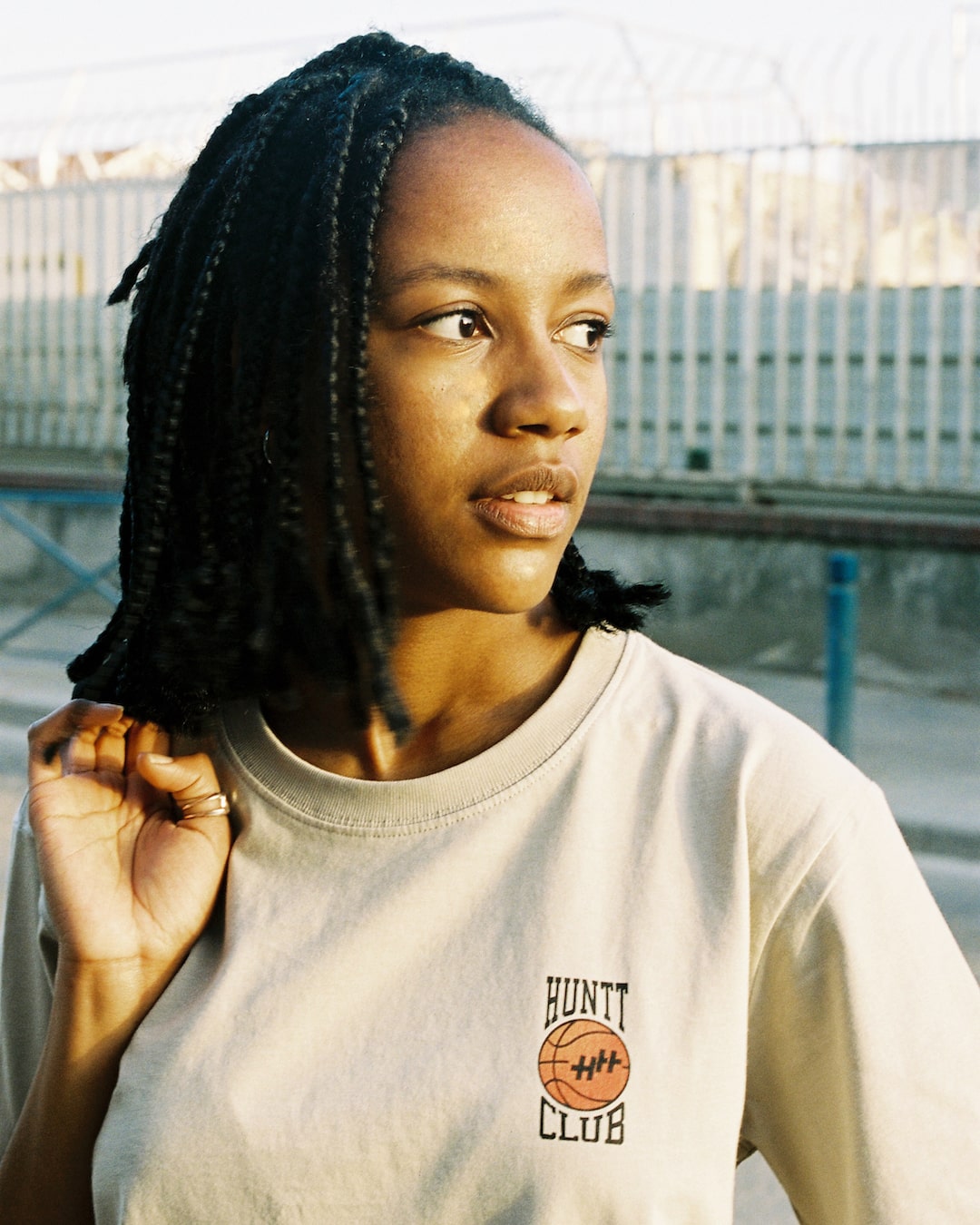
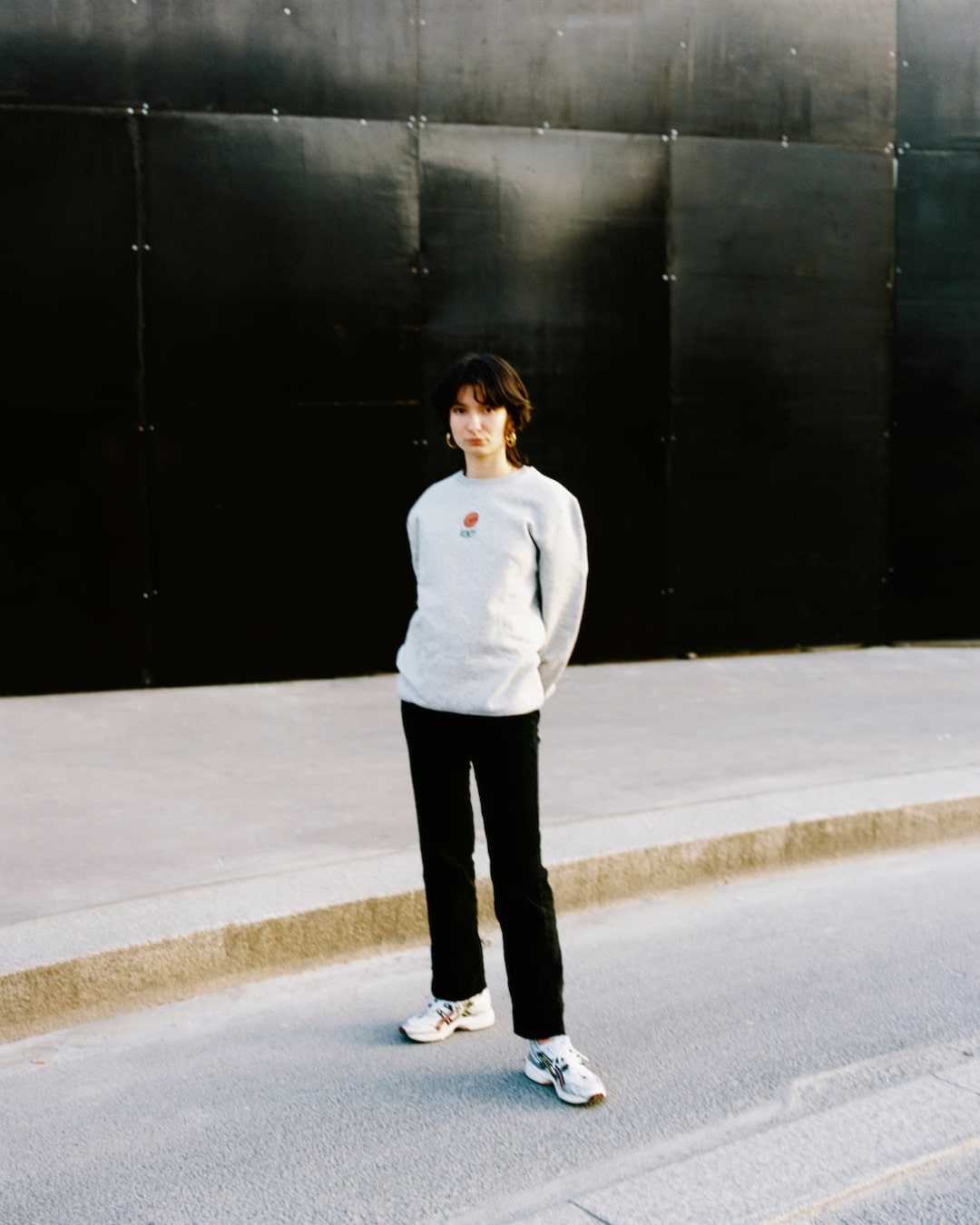
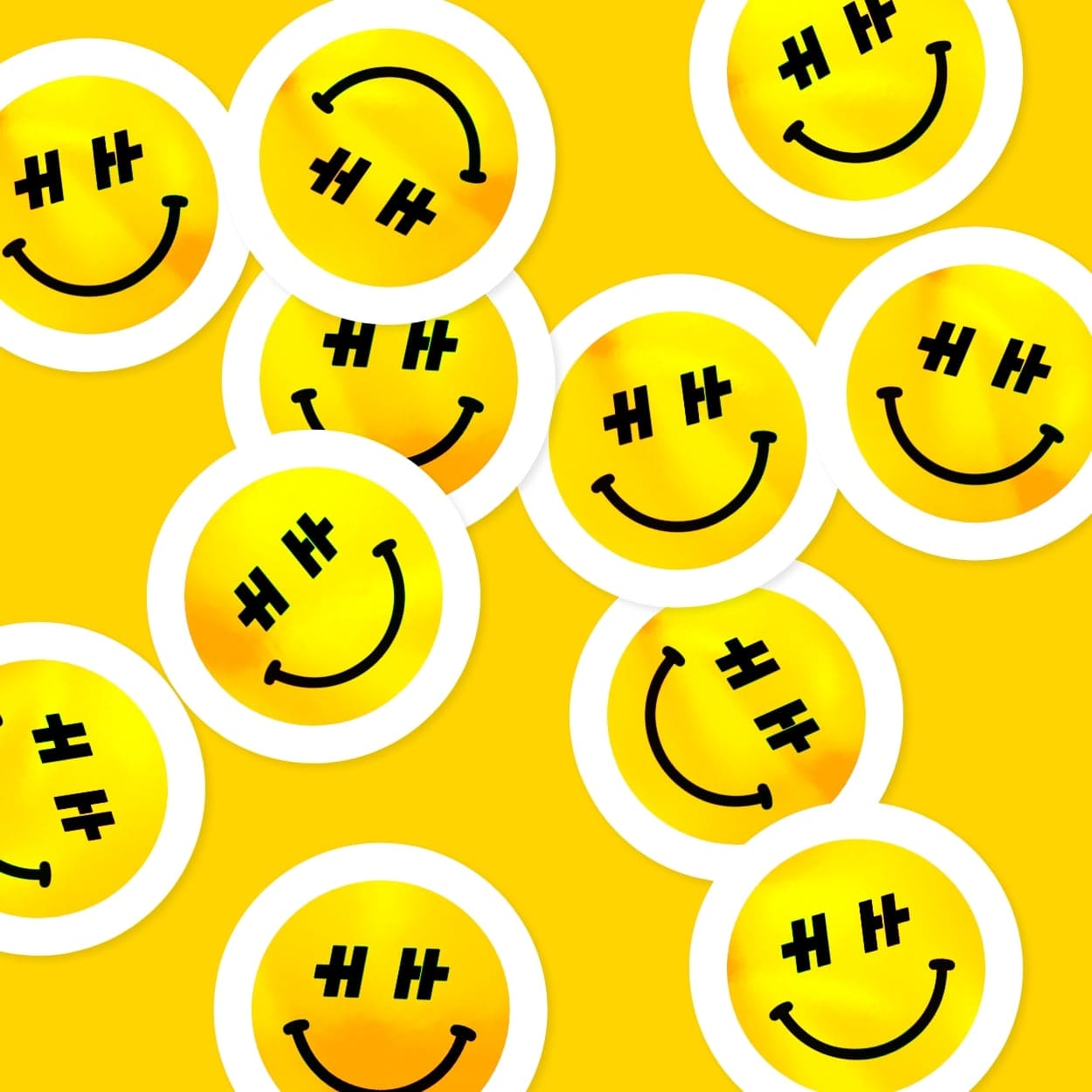
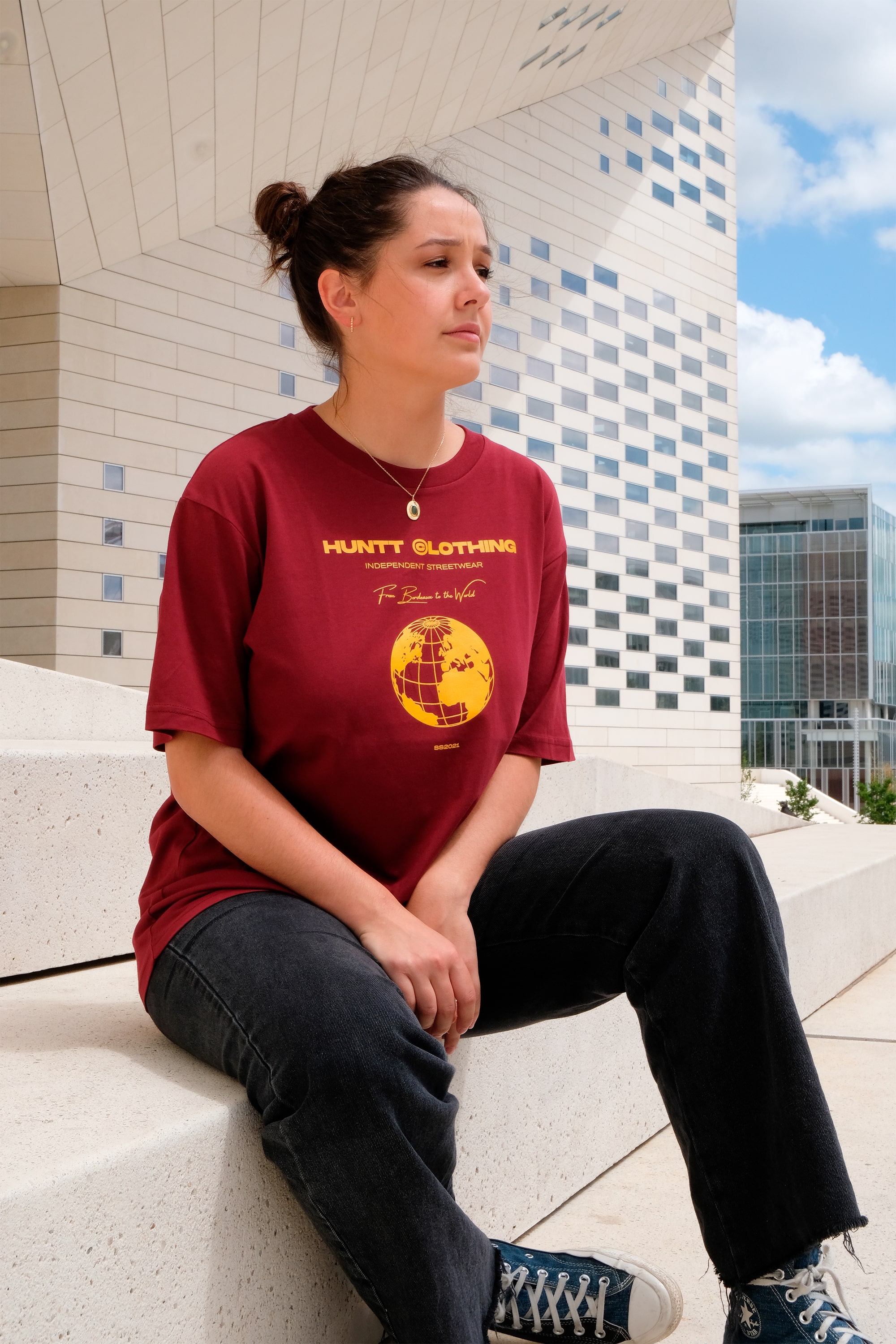
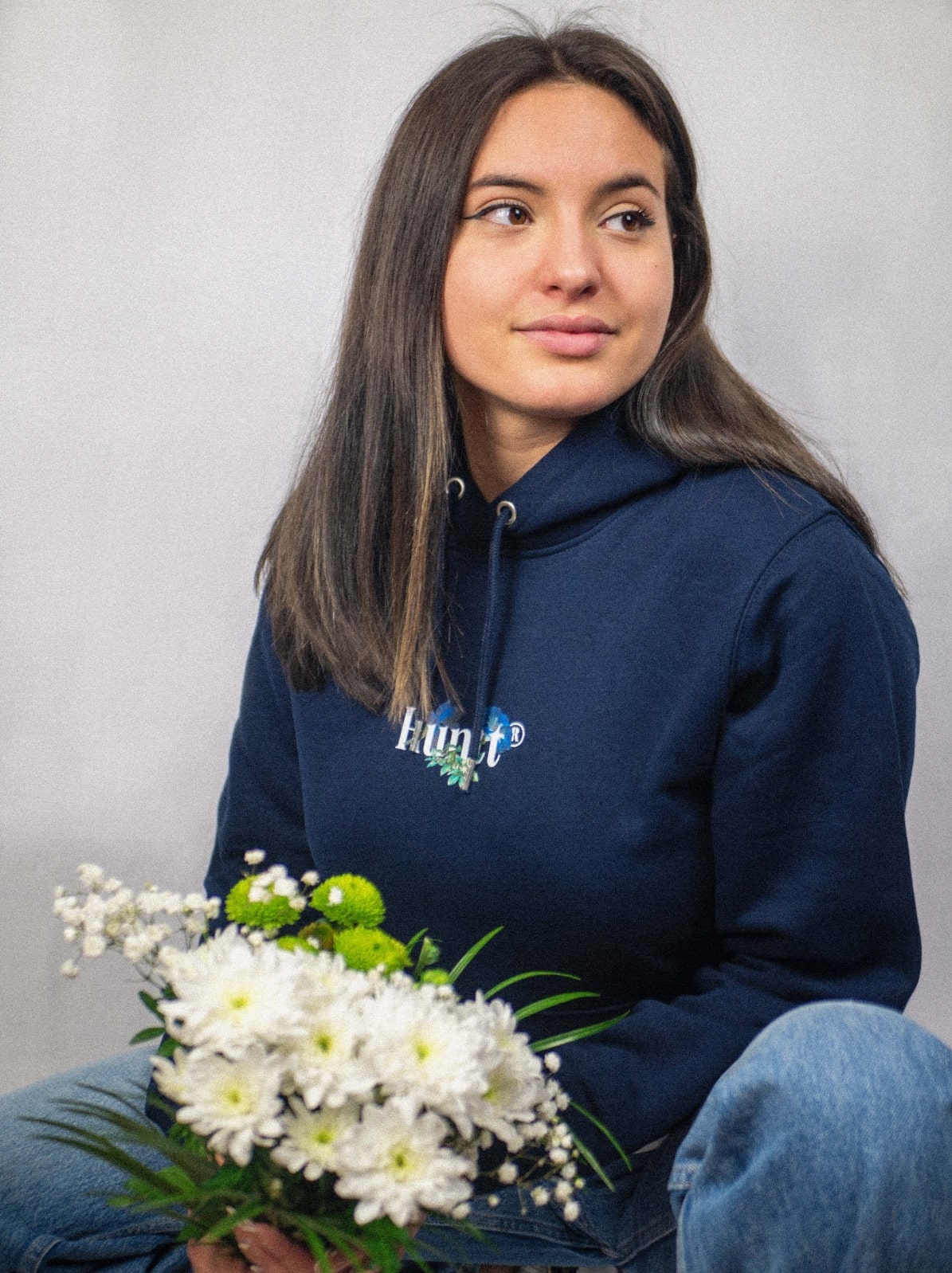
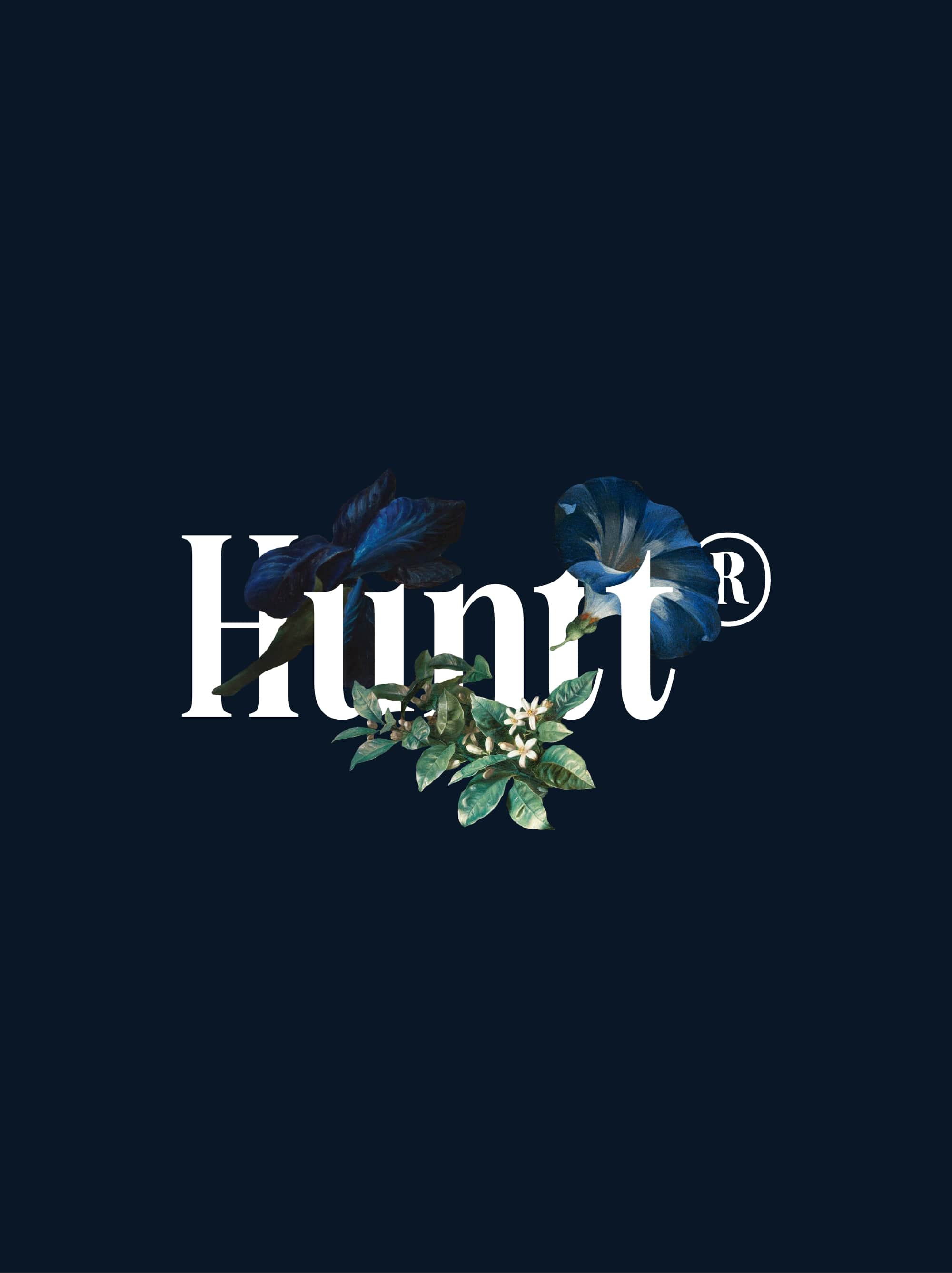
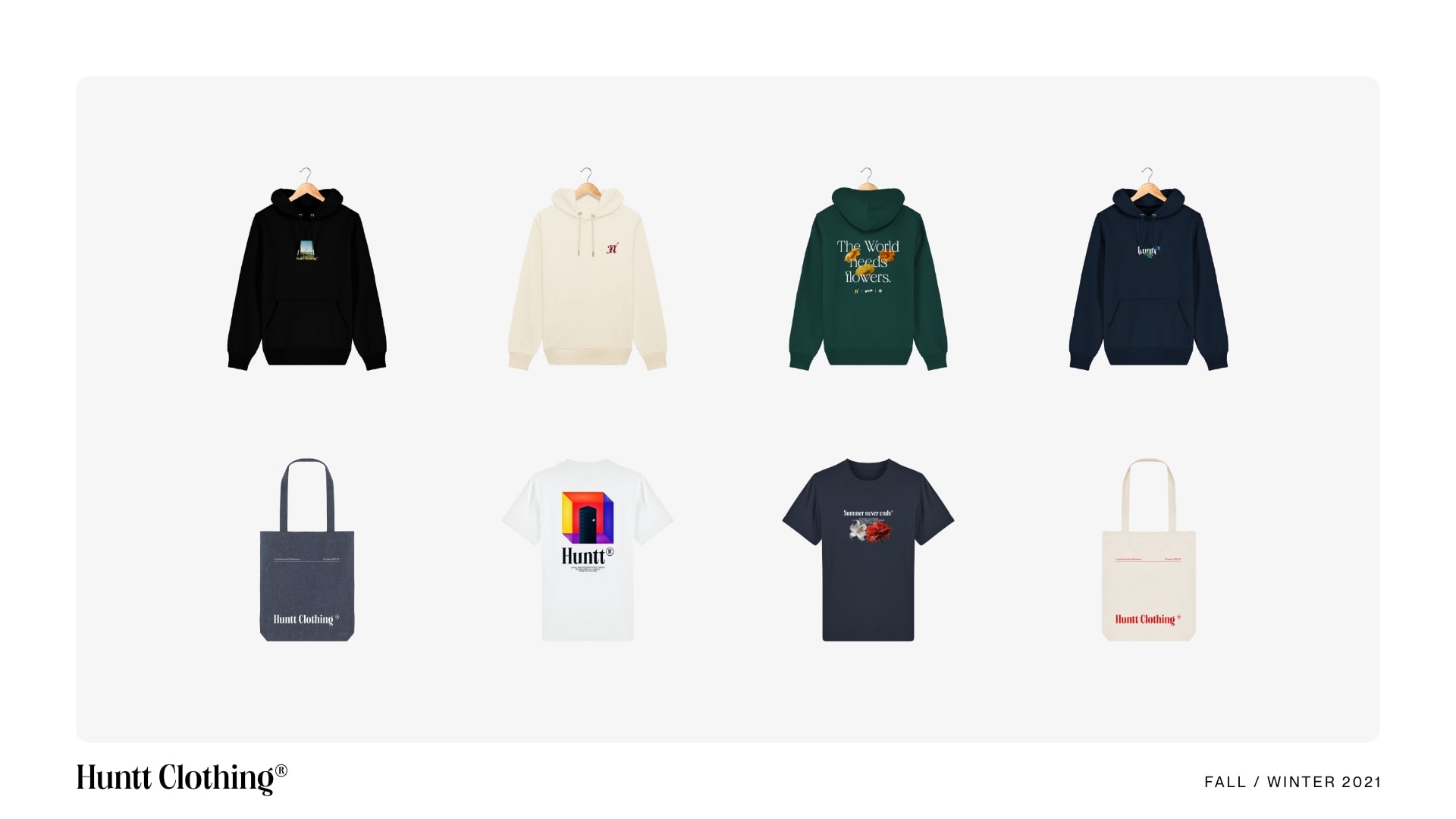
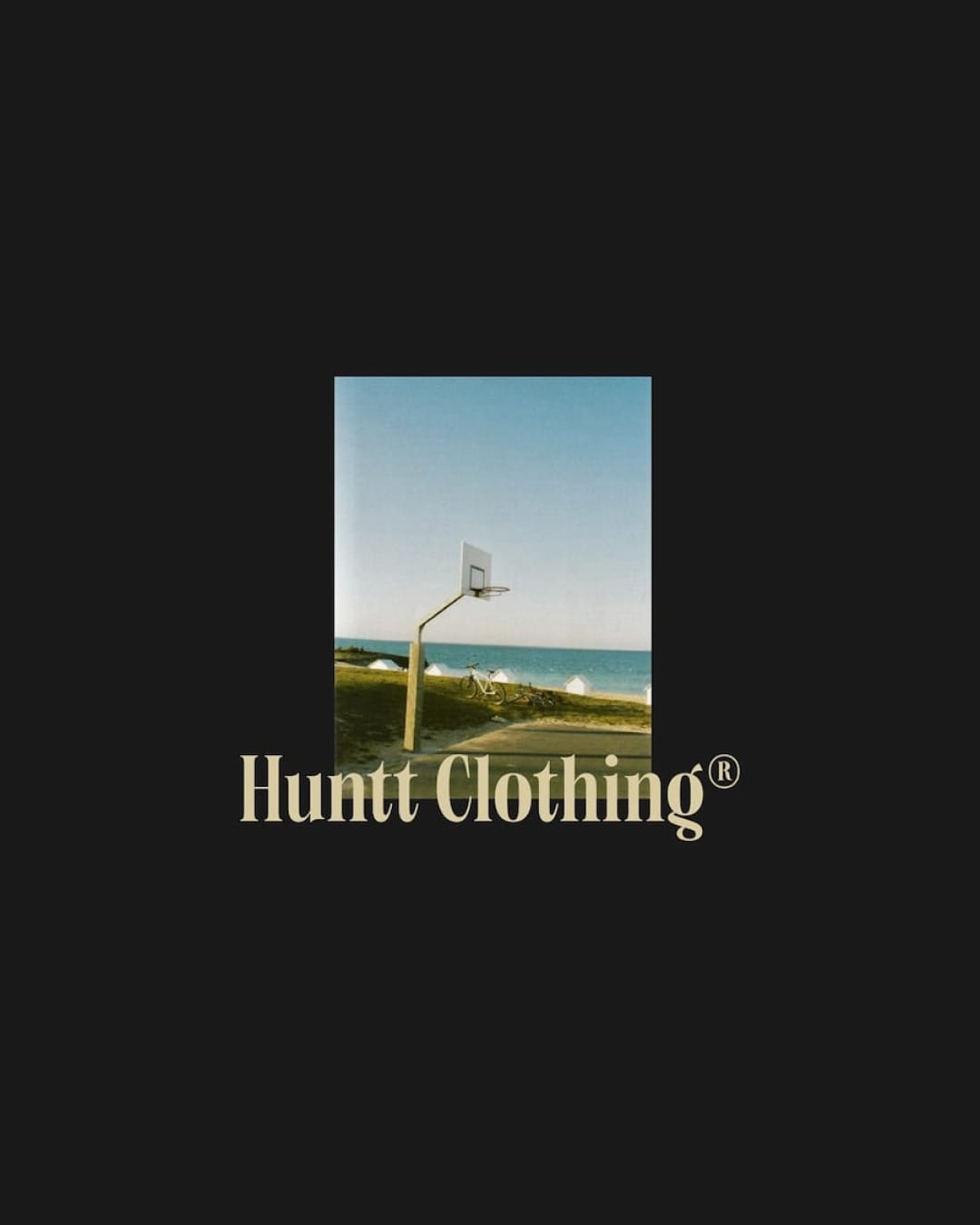
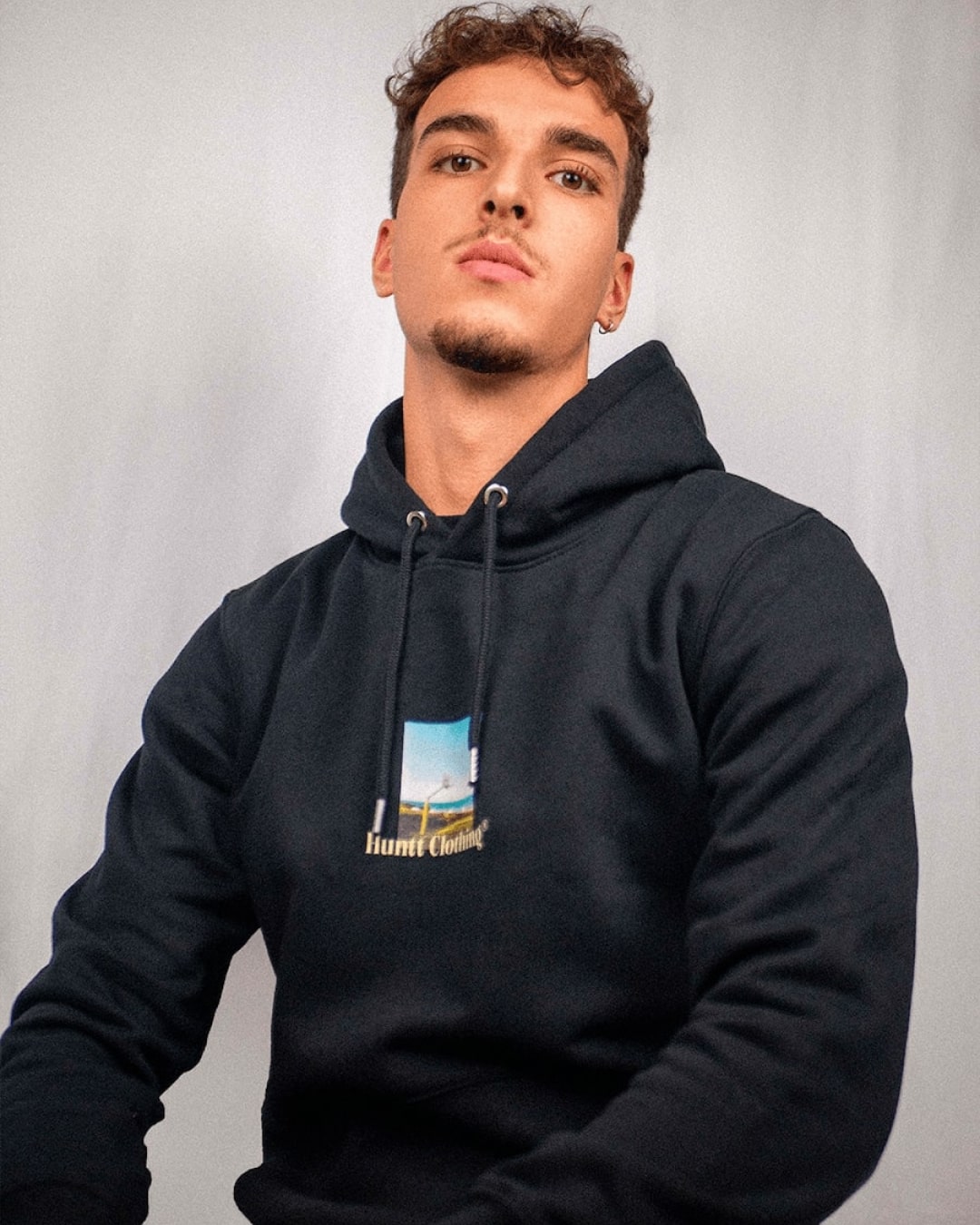
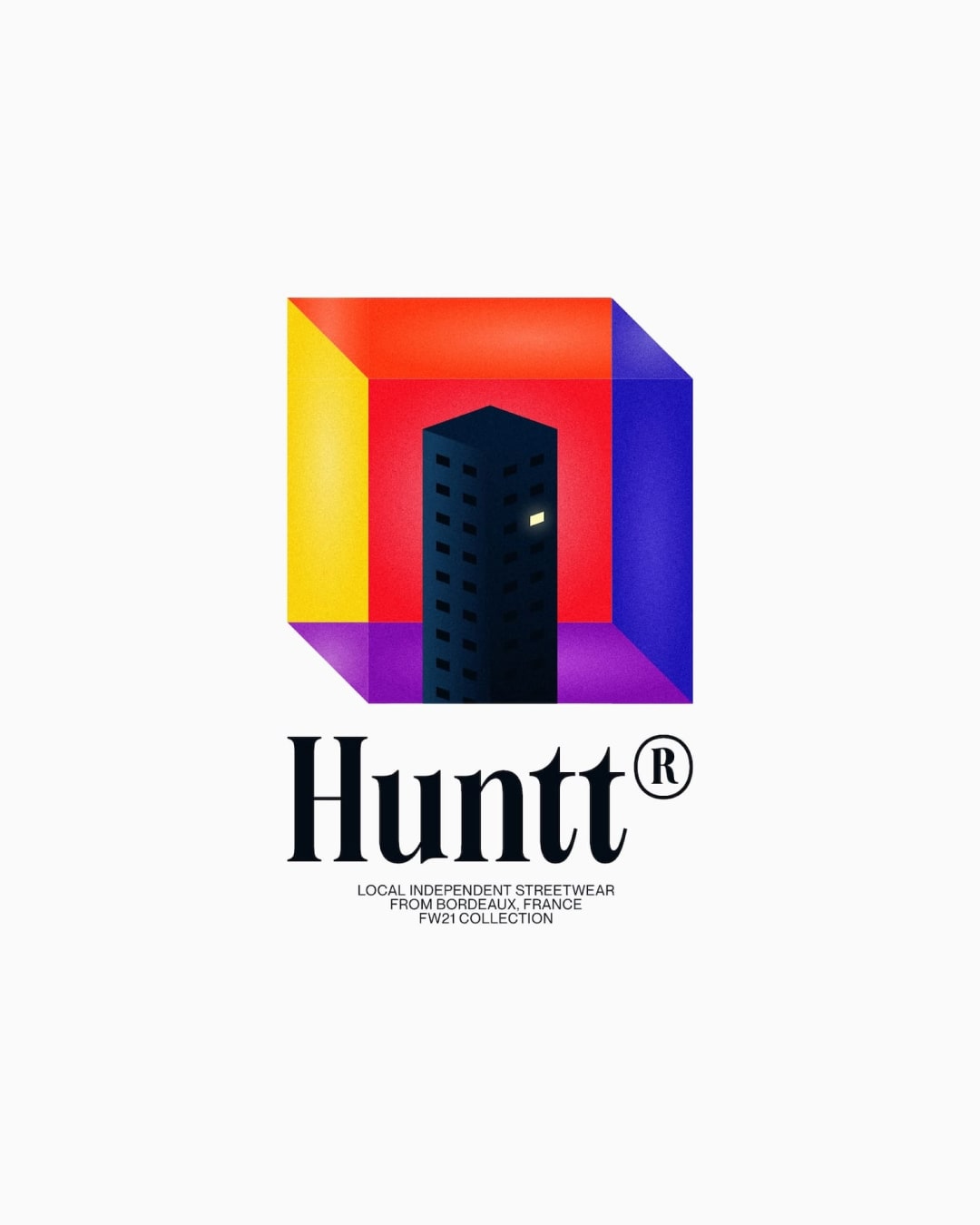
Credits
Project Management - Wissam Agour
Art Direction - Valentin Lachayze
Photography - Remchak.prod, Noa Lachayze, Awen Sho
Learn more